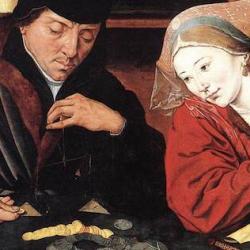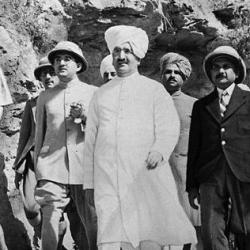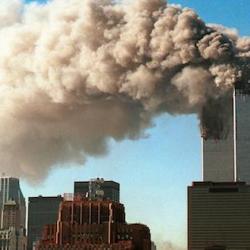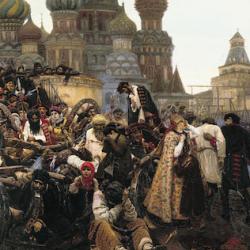In a 2008 essay in Policy Review, PayPal founder Peter Thiel analyzes an “optimistic thought experiment” about globalization. The root idea is “apocalypse,” mostly of the secular variety. Thiel thinks that political actors and investors ignore the possibility of apocalypse, dangerously so.
Along the way, Thiel traces the links between globalization and the boom-bust cycles of the past few centuries. Speculative bubbles inflate during times of globalist excitement; bubbles burst when globalization delivers less than it promised.
In his own words: “For the last three centuries, the great rises and falls of the West track the high and low points of the hope for globalization. And whether by cause or effect or both, the abstract hopes of a global order also are mirrored in the virtual world of money and finance. The rises and falls of the globalizing West have been tracked by the peaks and valleys of the stock market. Almost every financial bubble has involved nothing more or less than a serious miscalculation about the true probability of successful globalization.”
He makes a compelling case. For instance: “In the late nineteenth century, railroad companies were at the center of financial speculation because they provided the locomotive for uniting the world. In the years that preceded 1914, the financial boom centered on the economic development of far-away places, most notably Russia, the great power whose peaceful integration into Europe would have enabled a more stable twentieth century.”
The thesis works neatly for the most recent bubble, the real estate speculation that burst messily in 2008: “The greatest booms have taken place in the cities that will centralize the world of the future: Shanghai for China, Dubai for the Middle East, Manhattan for the US, and above them all, the city of London, which seems destined to become once more the City of London and therewith the City of Man, or at least of the world’s billionaires (which may be the same thing).”
Globalist euphoria is tempting, especially when so many make so much by betting on the latest craze. As Thiel says, “It has not been a good time for those investors who are merely sane.”












